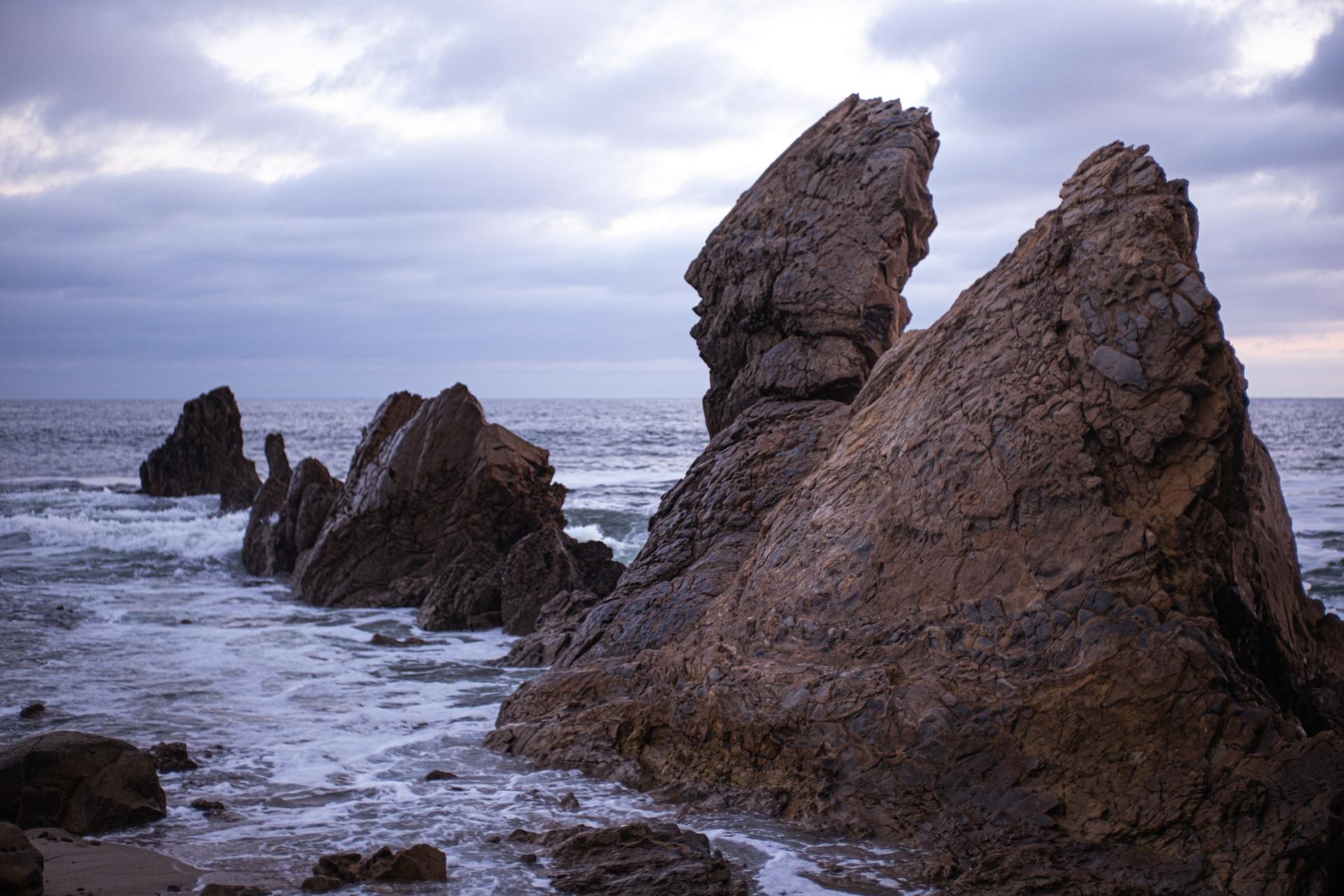Pitcairn🇵🇳

Pitcairn is a group of four volcanic islands, of which only Pitcairn Island – the second largest – is inhabited. The islands are located in the South Pacific Ocean, halfway between New Zealand and Peru. They officially fall under British Overseas Territory. The country is known for its extraordinary geographical isolation and its tiny community of around 50 people, descendants of the Bounty mutineers and the Tahitians who accompanied them. The rugged landscapes, pristine waters, exceptional clarity for stargazing make it a unique tourism spot. The main site attraction is the 'Bounty' anchor, on display in the central village square.
⚠️Things you should avoid⚠️
- Avoid travelling to the island without a valid visa and immigration clearance, it would be illegal.
- Avoid going off trails when hiking. The island has some rugged terrains that can be dangerous.
- Avoid disrespect to culture and norms as this can lead to cultural insensitivity.
- Do not disturb wildlife, particularly endemic species.
- Avoid night-time activities due to limited facilities and manpower for assistance.
- Do not litter. The extremely sensitive ecosystem of Pitcairn needs to be preserved.
- Not following rules established by island council about visiting and staying.
- Do not violate marine reserve laws in the surrounding waters.
- Avoid health hazards by not taking recommended vaccinations.
- Do not rely on immediate medical assistance, consider that Pitcairn only has one health center.
Overall
8
Crime 🔫
10
Pitcairn has very few reported crimes, the crime rate is almost negligible due to the extremely small population. The island is generally safe but basic precautions should still be taken.
Terrorism 💣
10
There are no known terrorist incidents on Pitcairn Islands. The risk is extremely low due to the geographical isolation of the islands.
War ⚔️
10
Pitcairn has no history of warfare. Located in a remote region of South Pacific Ocean, there are no conflicts or tensions.
Natural Disasters 🌊
7
Natural disasters such as earthquakes and storms can occur due to the islands’ Pacific location. However, there have been no major disasters reported so far.
Medical Care 🏥
3
Medical facilities on the island are very limited. There is only one healthcare center with the ability to carry out minor procedures.
Tap Water Quality 💧
9
Tap water in Pitcairn is safe to drink. The feed is primarily from rainwater which is filtered and treated.
Disease Burden 🤒
8
There are no endemic diseases or significant outbreaks reported in Pitcairn. However, standard vaccinations are recommended for travel.
Corruption 💸
7
Corruption in Pitcairn is not a major issue due to the small population size and robust British controls.
Safety for Women ♀️
9
The safety for women on the island is considered to be good. However, caution is always advised when travelling alone.
Safety for Queer People 👬
9
Pitcairn Island is a small community that generally respects personal freedoms. No incidences of discrimination against queer people have been reported.
Censorship 📺
10
Pitcairn has freedom of speech. There are no known or reported incidents of censorship.
Public Transportation 🚌
3
Pitcairn has no public transportation. The island is small and the preferred modes of transport are walking, biking or small private vehicles.
Other useful information
🔒 How safe is it?
Pitcairn Islands are generally safe to visit. Crime is minimal and there is no threat of terrorism or war. However, the medical facilities are basic. The island's small size and relative isolation add to general safety, but it also means limited access to emergency services.
🏰 Embassies in this Country
There are no foreign embassies or consulates in Pitcairn. The British High Commission in Wellington, New Zealand handles affairs for Pitcairn.
💉 Recommended Vaccinations
Standard vaccinations along with Hepatitis A and Typhoid are recommended.
🐍 Dangerous Animals
There are no dangerous animals present on the island.
🛂 Visa Requirements
All visitors are required to get a visa prior to travelling to Pitcairn.
💲 Currency
The currency of Pitcairn is New Zealand dollar. Banks do not exist on the islands so it's advisable to carry cash.
💳 Credit Card Acceptance
Credit cards are not widely accepted due to the island's remote location and limited services.
🧑🏭 Is it possible to work and travel in this country?
Work and travel possibilities are limited due to the small size and population of the island.
💵 Cost of Travel and Living
Living costs are relatively high due to the need to import most goods. Travel cost varies based on the methods and routes chosen.